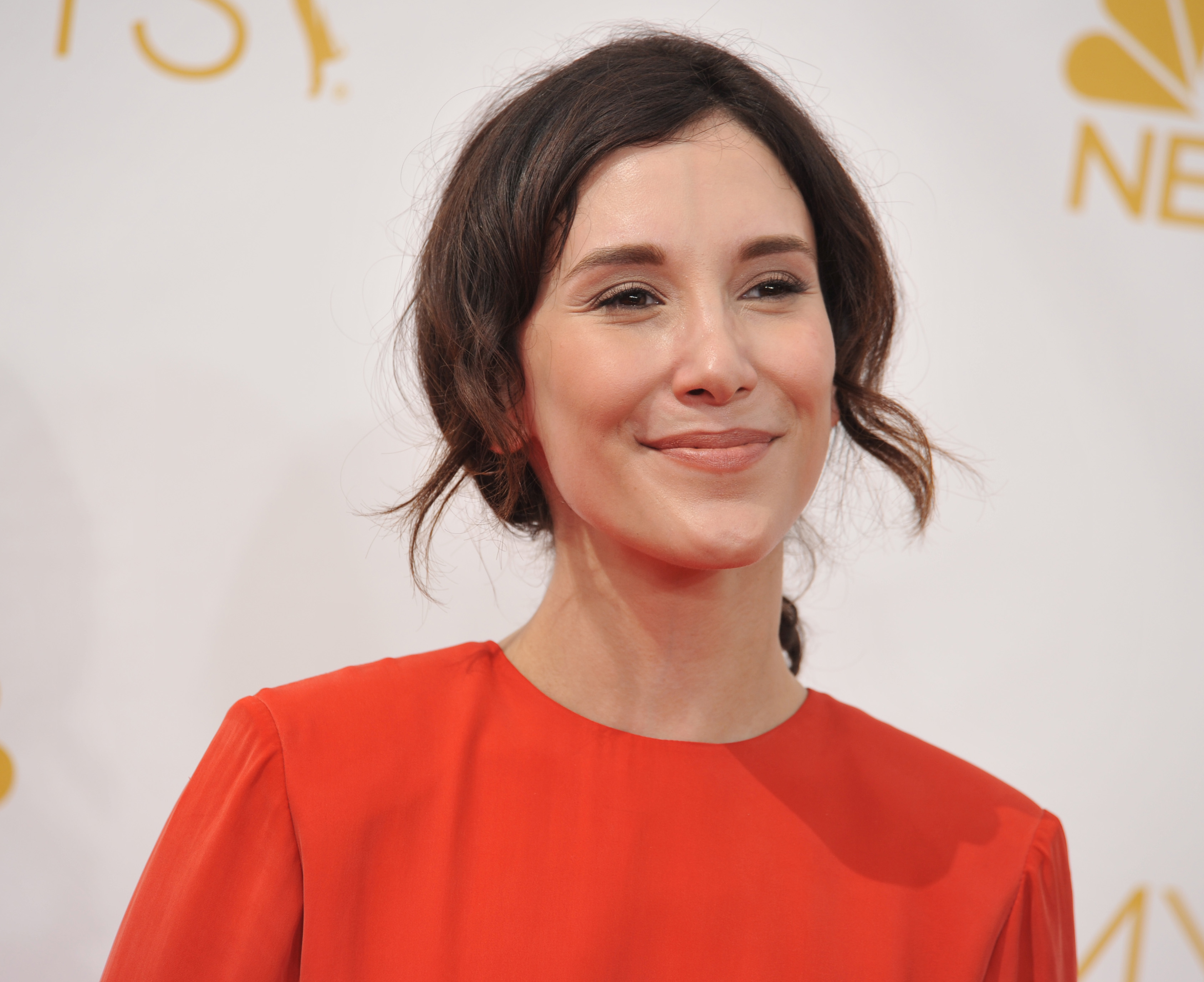‘Game of Thrones’ Star Sibel Kekilli Talks Shae, Being German and Turkish
By Nick Vivarelli
LOS ANGELES (Variety.com) – German actress Sibel Kekilli is best-known to American audiences for her role as Shae, the prostitute-turned-mistress of Tyrion Lannister in HBO’s “Game of Thrones.” An outspoken feminist of Turkish descent, Kekiilli spoke to Variety at Italy’s Lucca Comics about the culture clash she’s been contending with since the start of her career, and why she likes to play women who, like Shae, are survivors.
You are publicizing “” at this Tuscan meet dedicated to fandom and cosplay, which clearly indicates how much fans love Shae, who died in Season 4. What do you think makes this conflicted woman, who betrays her lover and is killed by him, such a powerful character?
She’s a complex character and a strong one. After my first audition, the writers changed Shae from how she is in the book, where she was more of a gold digger. But of course, because of where she comes from, she is a fighter. She’s always trying to survive, be it using her body or her brain. She’s not born with a silver spoon in her mouth. I like these types of characters that come from a broken past. She’s a survivor!
Before “Game of Thrones” you already had a successful acting career that started with Fatih Akin’s Berlin Golden Bear-winner “Head On.” How much of an impact did the show have on your career?
It gave me more international recognition…I got calls from casting agents and interest from international directors. But I’m not like: “I have to be international at all costs!”….What’s important is to get a really good role, based on a good script.
Shortly after “Head On” you made an impassioned speech in which you complained about a smear campaign by German tabloids exposing your past as an adult-film actress. It’s been reported this also caused friction with your family. Does this aspect of your past still haunt you?
Let me put it this way. As you know, my background is Turkish. And I’ve made some decisions in my life, I’ve gone down a certain path because maybe I did not have any choice….And it was traumatic…it’s still traumatizing, it’s painful. And that’s the reason I’m not going to talk about my family.
But I will say this: If you want to be a free woman, with a free will, if you want to live a life of freedom, you have to make a complete break with your culture….I don’t know if you understand, because people from Europe or from other cultures are like: ‘You can leave your family…and still be in contact with them or with your culture.’ But in Turkish culture, in the Muslim culture, this doesn’t work. They will always think they own you.
On International Women’s Day in 2015, you made a powerful speech on behalf of feminist organization Terre des Femmes in which you called for Muslim husbands, brothers and fathers to treat women with more respect. Do you think that, thanks to your popularity, you can make a difference on this front?
I’m fighting for women’s rights…especially within the Muslim culture because, as a girl and as a woman, I’ve known this culture. People have been threatening me, insulting me…I’ve had death threats…but I think it’s my duty because I know this culture. Because I suffered a lot, I have to speak out. I have to say it! And if it can change just one life, then it’s worth it.
Last year you blocked your Instagram profile to Turkish followers after threats, abuse and messages containing sexual harassment. In the past you worked in Turkey and in 2006 won an important Turkish prize for your role in Omer Ugur’s military dictatorship drama “Home Coming.” Would you like to work there again?
Sure. I’m still getting scripts from Turkey and there are really fantastic Turkish directors. If there is the right script, I would love to work there. It’s that as a human, as a woman, I have to protect myself. That’s the reason I blocked my [Turkish] Instagram.
You recently lamented that because of your Turkish origin you haven’t always been given the same opportunities by German producers as your German colleagues, even though it must be noted you’ve played a German police detective on TV show “Tatort.”
It’s like in other parts of the world: They box you in….I’m not saying everyone in Germany is like that. But it [racial stereotyping, discrimination] is something to be aware of…You have to say it loud, so that people start thinking about it. The funny thing is that while we were shooting “Game of Thrones,” Dan and David [D.B. Weiss and David Benioff, the showrunners] would keep telling me: ‘You are so German!’ And I was like: ‘nobody would say that to me in Germany!’
What’s on the horizon?
I have been working on an international TV show called “Bullets.” It’s a Finnish-English series [a female-driven political thriller] that just came out in Finland….Then there is “Berlin, I Love You” [an anthology feature], which is not out yet, and there are other projects…but I can’t talk about them yet.

